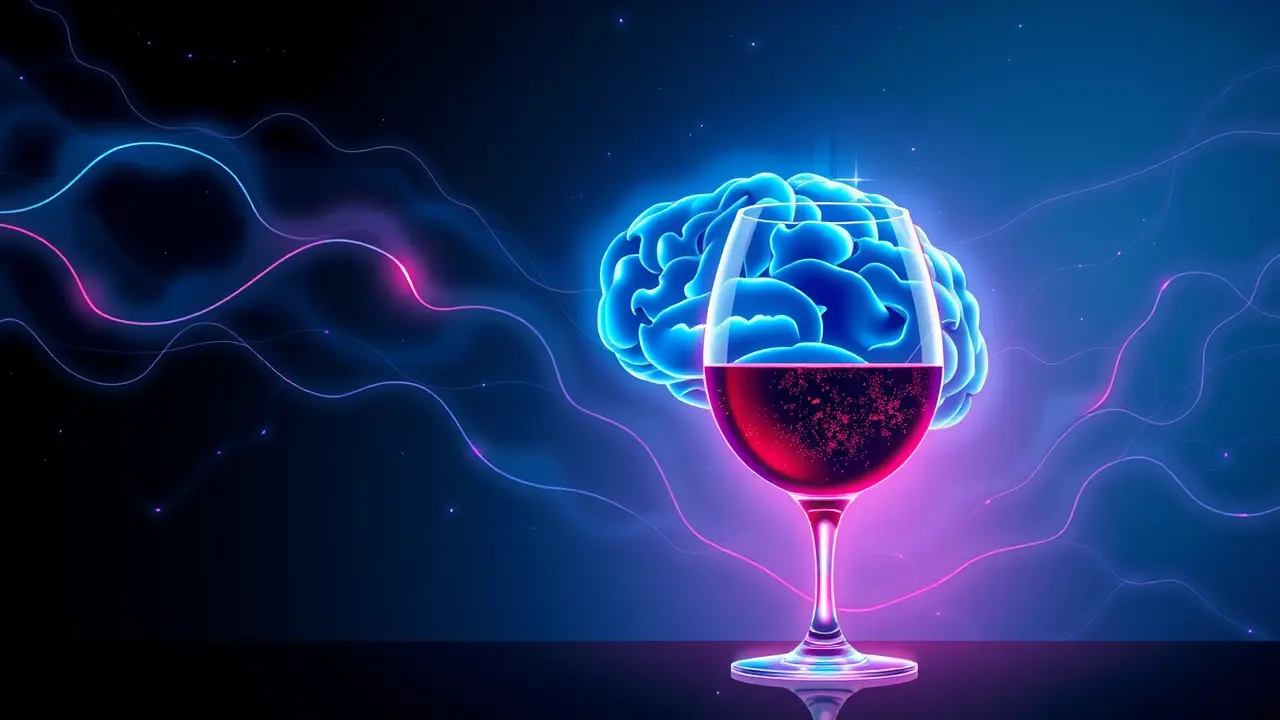Study Links Any Alcohol Consumption to Increased Dementia Risk.
A sobering new report from the University of Oxford has delivered a stark ecological warning for the human brain, revealing that any amount of alcohol consumption, no matter how moderate, is linked to an increased risk of dementia. This finding, which lands with the disruptive force of a long-ignored climate report, fundamentally challenges the entrenched cultural narrative that a glass of red wine is a heart-healthy indulgence.The study meticulously dismantles the notion of a 'safe' threshold, painting a picture where each serving of alcohol acts as a subtle neurotoxin, eroding cognitive reserves much like industrial pollutants slowly degrade a pristine forest. For decades, public health messaging has been a confusing chorus, with one study touting benefits and another highlighting risks, creating a fog of uncertainty that the alcohol industry has been all too happy to maintain.This new research, however, cuts through that noise with the clarity of a glacier-fed stream, suggesting that the very substance woven into the fabric of our social rituals—from celebratory toasts to casual Friday night unwindings—is systematically compromising our neurological resilience. The biological mechanisms are as intricate as they are alarming; alcohol metabolites directly damage delicate neuronal structures, trigger chronic inflammation that scars brain tissue, and deplete vital nutrients like thiamine, essential for cognitive function.It’s a silent, cumulative assault, a kind of internal deforestation where synaptic connections are lost not in a dramatic blaze, but in a slow, steady smolder. When we consider the parallel public health crisis of dementia, with its rising global prevalence placing an unsustainable burden on healthcare systems and families, this research demands a paradigm shift in how we view alcohol.It forces us to ask uncomfortable questions about personal responsibility versus societal enablement, mirroring the difficult conversations we have about fossil fuel consumption and its planetary impact. Just as we now understand there is no harmless level of lead in drinking water, we may need to accept there is no harmless level of alcohol for the brain.This isn't merely a medical finding; it's a profound cultural and ecological statement about what we are willing to sacrifice for short-term comfort, and the legacy of cognitive health we are leaving for future generations. The data now compels a re-evaluation of lifestyle choices with the same urgency we apply to protecting endangered ecosystems, positioning brain health not as an individual concern, but as a collective responsibility we all share.
CA
CautiousSkeptic10 hours ago
well there goes my weekend plans tbh this is kinda depressing
0
DR
DreamySoul12 hours ago
oh this feels like a quiet, heartbreaking poem about a slow goodbye to the mind, how fragile our beautiful brains are in the face of something we thought was a comfort
0
BR
BrainCellBlues12 hours ago
well there goes my entire personality tbh guess it's just neurotoxins and sad sparkling water from now on
0
© 2025 Outpoll Service LTD. All rights reserved.
